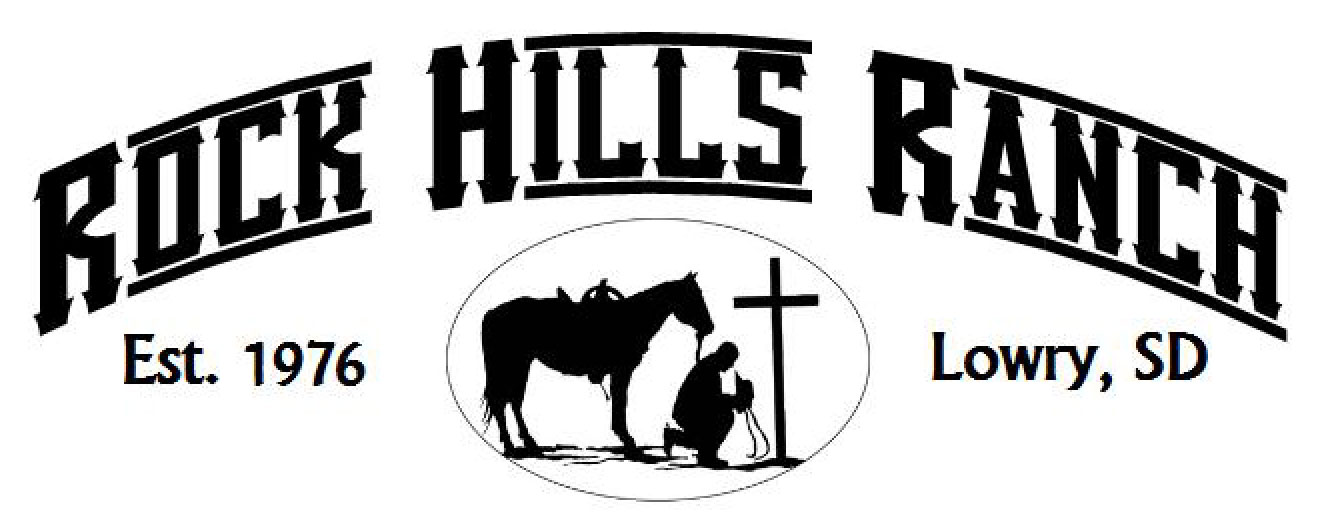I recently read an interview with ranching expert Tony Robbins. Yes, that Tony Robbins. You didn’t know he was a ranching expert? Well, he is. He must have had cattlemen in mind when did the interview, because some of the things he said apply directly to ranchers.
The first thing he said that caught my attention was his response to the challenges of running a business. He said, “When people fail, the will inevitably tell you a list of excuses like, ‘I didn’t have enough time,’ I didn’t have enough money,’ ‘I didn’t have the right people, ‘ or ‘I was missing the right technology.’ But the truth is, resources are never the problem. It’s always a lack of resourcefulness.”
This is very true in agriculture, especially the “enough money” part. We have this sense that we ought to own all the cattle and all the land we can possibly handle, and then blame the bank for not giving us enough to operate, or telling us how to run our ranch. Well, they are holding the purse strings, what do you expect? There are different ways to go about ranching, and many of them don’t require a huge operating note or long-term debt. It takes some resourcefulness to discover them, but there are other potential partners one can develop relationships with, apart from the bank, that can help us either access capital or reduce our dependency on it. We’ve been able to grow our business with strategic partnerships with other landowners, feedlot operators, cattle owners, and buyers, allowing us to diversify our “portfolio” without having to own all the assets required.
Robbins later describes the fatal mistake he sees many entrepreneurs make: “They fall in love with their product or service when you need to fall in love with your customers. Your products and services will constantly change over time… If you get caught up loving your product or service, you’ll develop a loyalty to that instead of a loyalty to your clients.”
This is true in much of mainstream agriculture. We’re devoted to our products, and almost take offense to someone suggesting we try producing something else – that would mean what we are currently producing isn’t the best! The result of falling in love with your product usually means victimhood at some point – it’s someone else’s fault that I’m not getting paid what (I think) I deserve. It also leads to siloed thinking, not recognizing the value of other parts of the production system. A consumer may be willing to pay you more for your great product, but since you haven’t listened to them and then spoken about things they care about, they don’t even know you’re already doing those things. On the other hand, if you never ask the customer what they want, you’ll never be able to adapt to their needs and they’ll go elsewhere with their dollars.
I think a great example is the lack of knowledge about the grassland ecosystem in the beef community. I believe if more ranchers and beef industry participants were as literate in grassland ecology as they are in reproductive technology or genomically-enhanced EPDs, it would be of great help in improving public perception of beef.
There are more ways to apply this idea than just becoming a range nerd. A friend of mine, Troy Hadrick, has done a great job of tailoring his genetics to fit what the market is asking for. He recognized that USDA Prime and Certified Angus Beef garner nice premiums, and made significant changes to his production system and herd genetics to hit that market.
The great thing about ranching is there are myriad ways to do it. The faster we lose the idea that it has to be done a certain way, and ask our customers what is important to them, the easier it will be to build businesses that are enduring and something our kids will have the opportunity to. Tony Robbins might not know how to build an H-brace or sort pairs. But those aren’t what make a ranch successful. His ideas about business apply to the ranching business as much as any.
